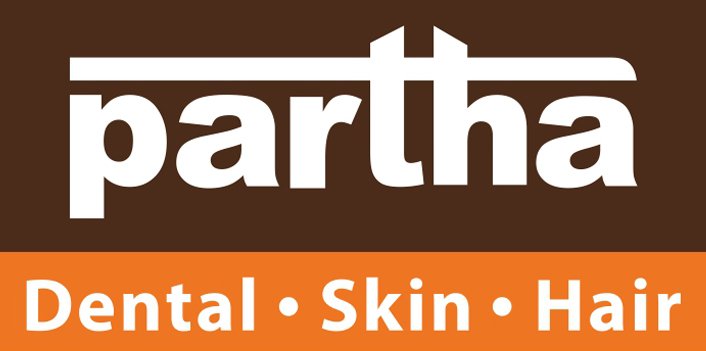Physical Fitness
Maintaining good overall health is aided by an active lifestyle. Did you know, however, that there is a link between exercise and oral health? We all want healthy, beautiful teeth, so let’s look into it further.
You might be a fitness fanatic who goes to the gym on a regular basis or enjoys playing sports with your friends. In any case, you exercise regularly and are enthusiastic about fitness and sports. Exercising has numerous oral health benefits. However, there are some disadvantages. Here’s a rundown of how living an active lifestyle can affect your oral health.
Sports and their Beneficial Effects on Oral Health
- Periodontitis risk is reduced: Periodontitis is a serious oral health condition caused by advanced gum disease. Regular exercise reduces your risk of developing gum disease by 54%, according to research.
- A healthy diet is essential: As an athlete, you most likely follow a healthy diet, especially if you are a professional. That means you don’t drink a lot of soda or eat a lot of sweets. You can reduce the risk of tooth decay by limiting your sugar intake.
- It’s easier to stick to a routine: Athletes have an exercise and diet routine that they are accustomed to following. As a result, developing healthy habits should be simple. Maintain optimal dental hygiene by adhering to these habits, which contribute to oral health.
- The entire body is linked together: Physical activity benefits your respiratory and cardiovascular health. Because your body is one large system, everything is interconnected. Oral health affects overall health and vice versa. Keeping in good physical shape may thus be beneficial to your dental health.
- Exercise lowers the likelihood of inflammation: Many studies show that just 20 minutes of exercise can significantly increase your body’s inflammatory response. It can help reduce the risk of developing high blood pressure, diabetes, and other medical conditions.
Negative Effects on Dental Health
Exercise has few direct negative consequences. However, some exercise-related activities or behaviors can be harmful to oral health. Here are a few examples:
- Physical harm: This can happen if you participate in contact sports with other people. Furthermore, if you make physical contact with others during training, you risk sustaining a dental injury. According to experts, athletes lose over five million teeth each year. A single tooth loss can cause issues with biting, eating, and speaking. A high-quality mouthguard is the best way to protect yourself from injury.
- Dry mouth: Some people keep their mouths open while exercising to ensure adequate air intake. It is the cause of decreased saliva production in your mouth. Because saliva is essential for destroying bacteria, your protection isn’t at its best during training. It has the potential to cause accelerated tooth decay and enamel erosion over time.
- Sports beverages: Energy drinks frequently contain high levels of sugar and other preservatives. These compounds remain in your mouth and may have long-term effects on your oral health.
- Energy bars: These treats are also high in sugar, which can be harmful to your dental health. You can consult with a dentist about the best energy bar alternatives.
Avoiding Negative Effects
The best advice for anyone is to visit the dentist on a regular basis. Experts recommend that you have a dental exam every six months. However, if you notice signs of a tooth cavity or any other problem, make an appointment right away. Always strive to resolve dental issues as soon as possible. It’s how you lower the chances of them becoming a bigger problem.
Aside from regular dental exams, there are ways to avoid the negative fitness effects on oral health. Here’s what the professionals advise!
- Establish an Oral Health Routine
- Being an athlete does not exempt you from the importance of maintaining good dental health. That means brushing and flossing on a regular basis. Brushing your teeth at least twice a day, with one time before going to bed, according to experts.
- Choose a brush that is appropriate for your teeth and fluoride toothpaste to help prevent cavities and enamel erosion. Flossing your teeth at least once a day is recommended.
Wear a Mouthguard When Participating in Contact Sports
- Some sports, such as hockey or basketball, pose a significant risk of dental injury. A mouthguard is an accessory that protects your teeth if you are hit by someone or something.
- You can get custom-made guards from dentists or cheap ones from local stores.
- The level of comfort and protection varies, but wearing a guard may keep you safe. It can help you avoid tooth loss and other dental injuries.
- Try to Breath Through Your Nose
- It takes time to get used to breathing through your nose during exercise.
- Working out necessitates a large intake of oxygen, which is why we breathe through our mouths.
However, nose breathing has a number of advantages, including improved oxygen absorption and a lower risk of dry mouth. To help you control your breathing.




